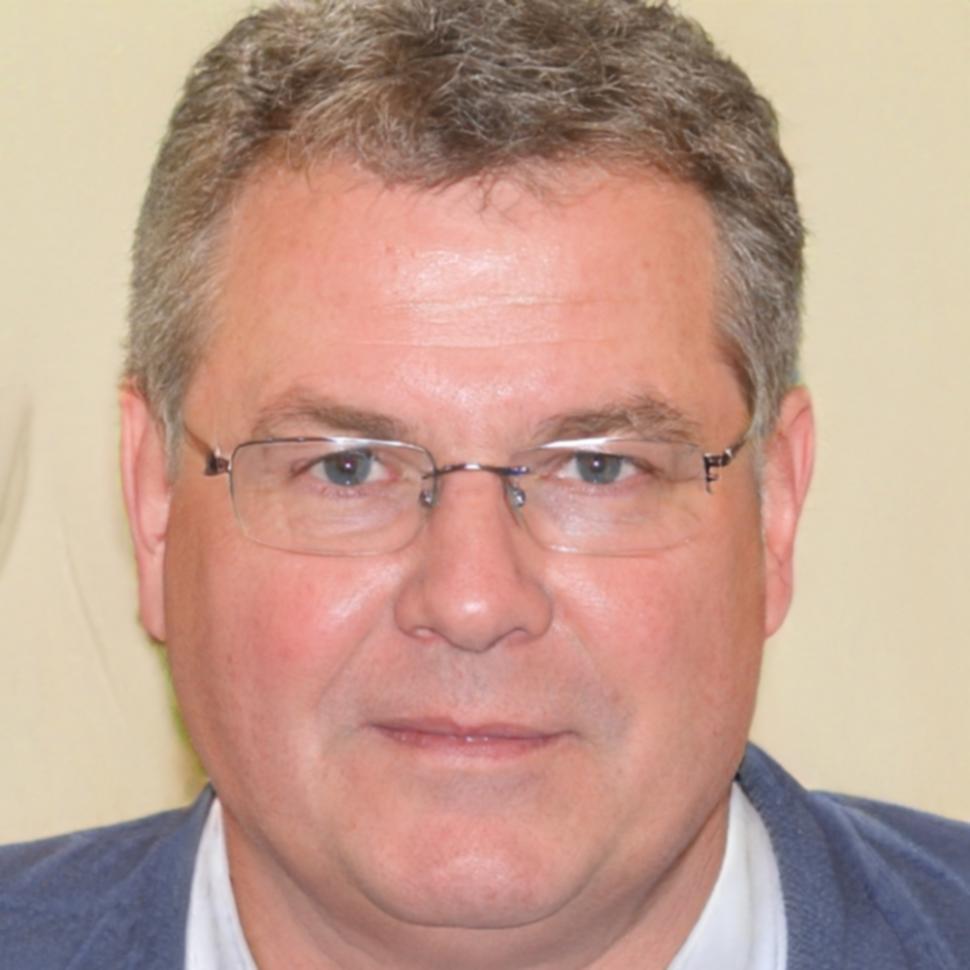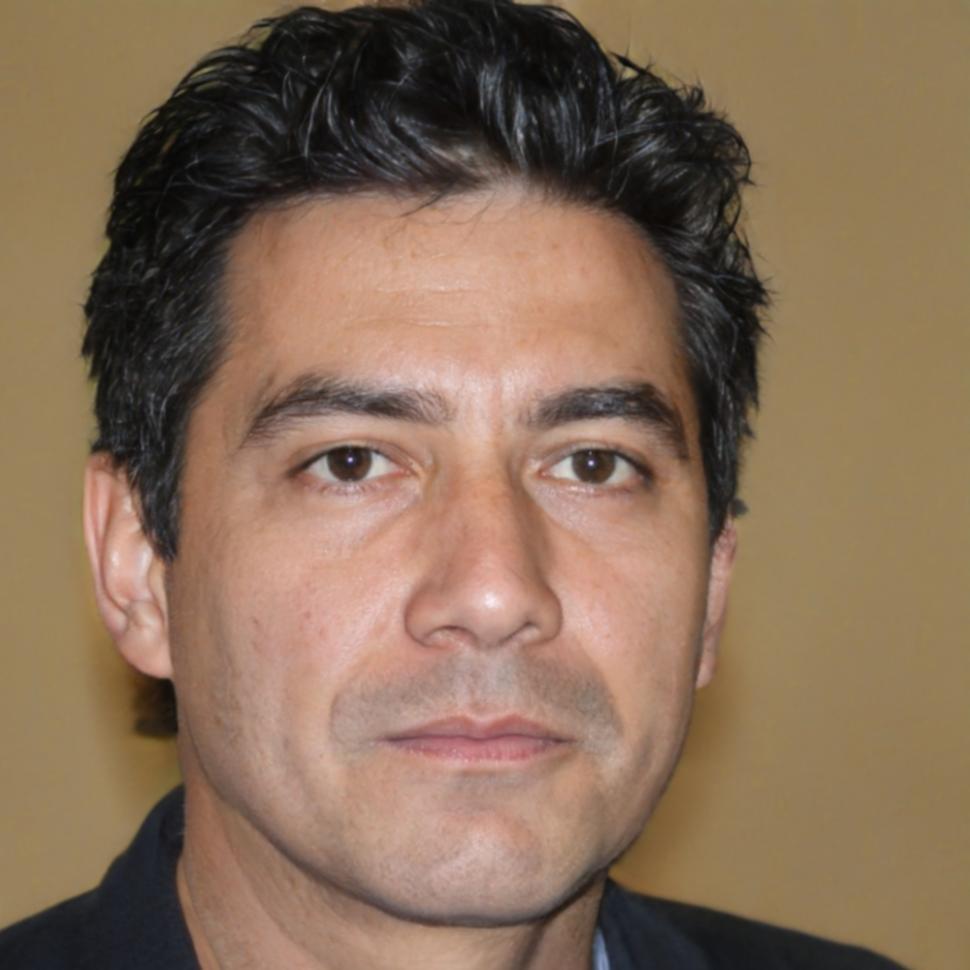Better Conversations
People mention feeling less intimidated when talking to financial professionals. Understanding the terminology and concepts means asking better questions and spotting gaps in advice.

Small Business Owner, Cork
Running a café means tight margins and unpredictable cash flow. I started our foundation program in March 2024 thinking I'd learn about stocks. Instead, I learned how to think about risk differently. Now my business savings work harder, and I actually understand what my accountant talks about during quarterly reviews.

Career Changer, Dublin
I spent fifteen years in hospitality before deciding to switch to finance. Needed to understand the theory behind what I'd be advising on. The structured approach here gave me vocabulary and frameworks I use daily in client conversations. Started in autumn 2023, working full-time at a financial services firm by spring 2025.

IT Contractor
"I was good with tech, terrible with money. The behavioural finance module completely changed how I think about my own decisions. Understanding loss aversion helped me stop panic-selling during market dips."

Educator
"Teaching teenagers about money got easier once I properly understood investment theory myself. I took the evening course in early 2024. Now I run a financial literacy club at school that actually makes sense to students."

Manufacturing Manager, Galway
"I signed up because my pension statements confused me. Six months later, I'm the person colleagues ask about their retirement plans."
The portfolio theory section was dense. Won't pretend otherwise. But understanding correlation and diversification meant I could finally have intelligent conversations with my financial advisor instead of just nodding along. My wife noticed the difference immediately when we started planning for our daughter's education fund. Being able to explain why we chose certain vehicles over others made those decisions feel collaborative instead of mysterious.
People mention feeling less intimidated when talking to financial professionals. Understanding the terminology and concepts means asking better questions and spotting gaps in advice.
Some participants use the foundation as a springboard into finance roles. Others stay in their current fields but take on financial planning responsibilities with more confidence.
The most common feedback involves improved personal financial decisions. Understanding risk-return relationships changes how people think about everything from house deposits to pension contributions.
Our next foundation program begins in September 2025. Evening sessions designed for working professionals. No finance background required, just curiosity and commitment.
View Program Details